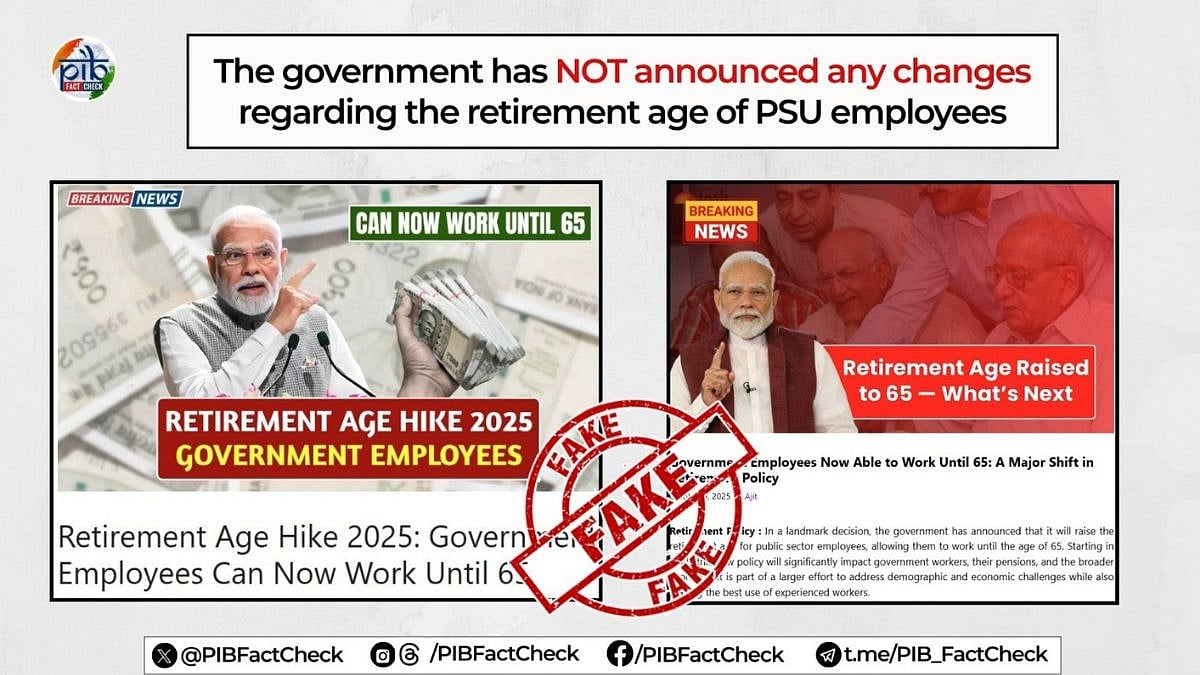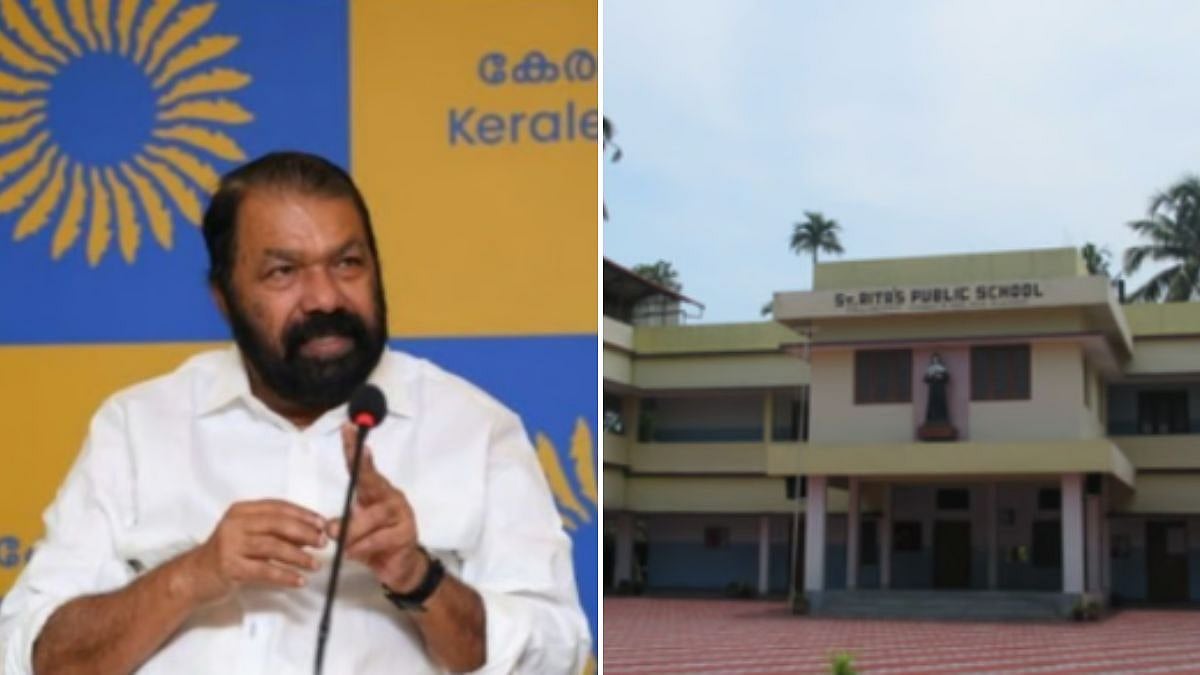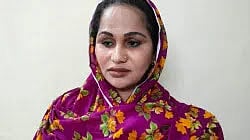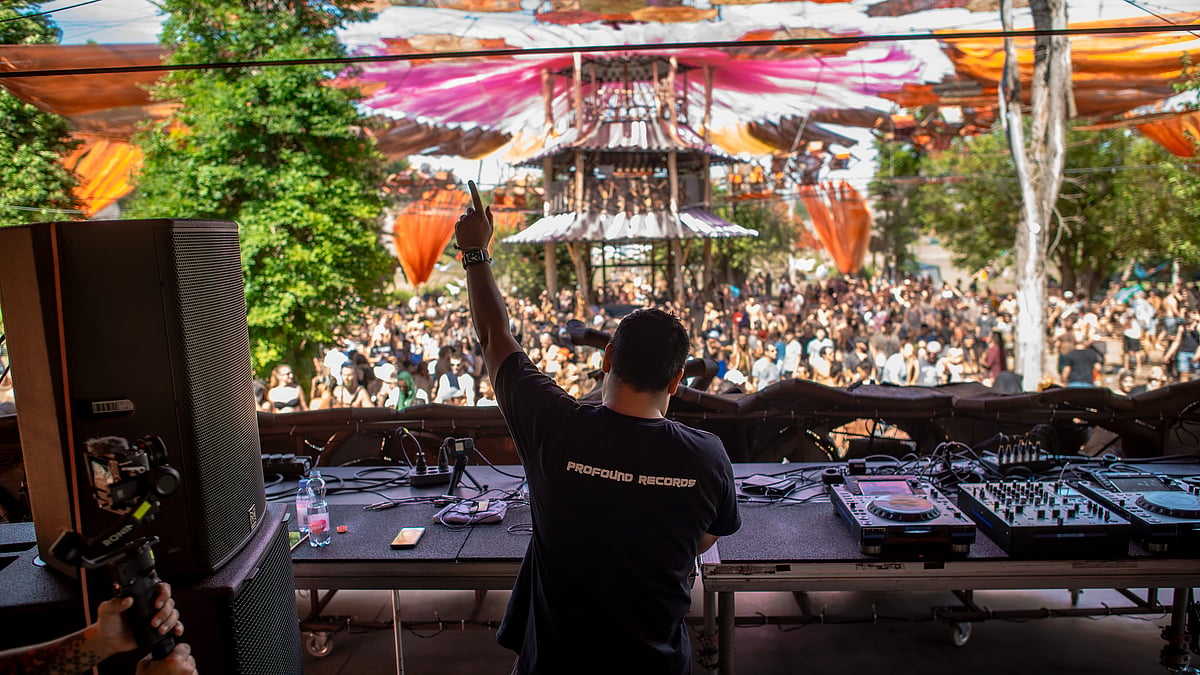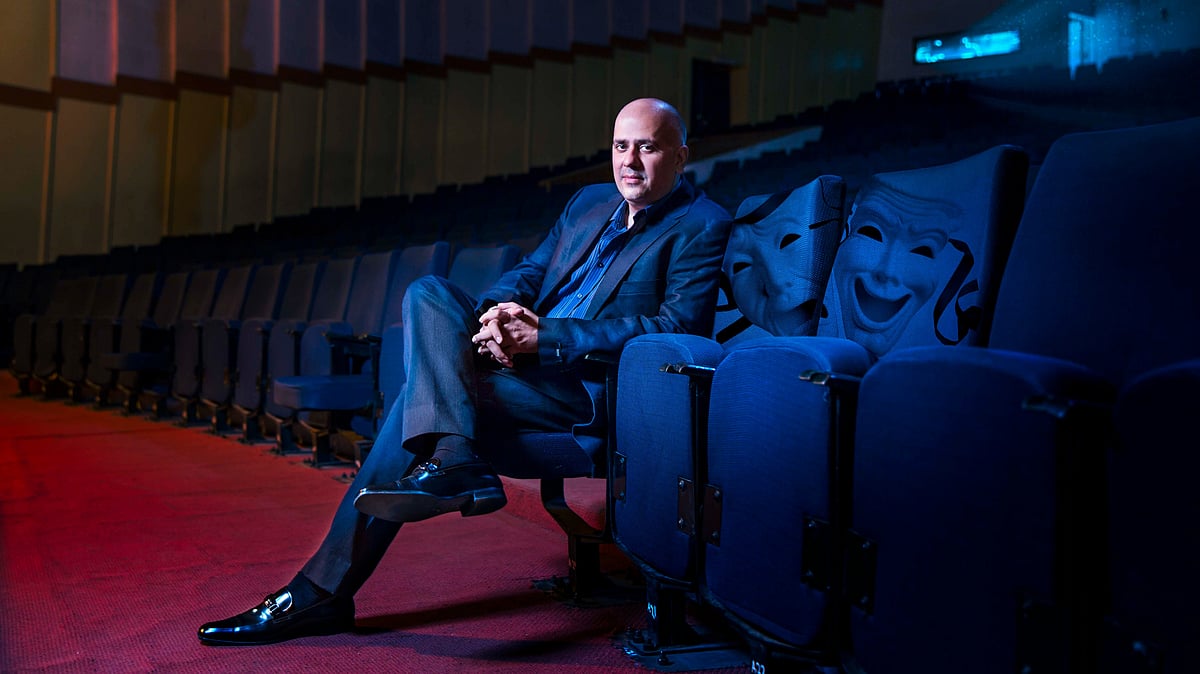In the light of current assaults on Prithvi Shaw and Sonu Nigam and the viral photos of Alia Bhatt taken from a building opposite her residence, one is forced to think seriously about the Indian psyche. Paparazzi and the crowds have crossed the basic boundary defined by the Right to Privacy as per the Constitution of India. Right to Privacy was added to the Article 21 of the Constitution of India in 2017. Every citizen of India, therefore, has a right to ‘be left alone’. Having said that, the recent incidents clearly violate this right. It is the basic human instinct that has taken over every rational thought and act — voyeurism.
“In today’s world, it is not just voyeurism, but even exhibitionism that has taken over rationalism,” says psychiatrist Dr. Rajendra Barve. “It is, in a way, wrong to just blame the public for their acts. In the world where social media rules, the celebs often share their private moments, family moments on varied platforms. This, kind of, instigates the public to get more of them. Finally, it is unpaid entertainment for them.”
Director and producer, Vivek Agnihotri agrees. “Celebrities and stars should refrain from paying paparazzi to spot them at the airport, restaurants, malls, gyms etc. This said, in this race for publicity it’s very difficult to draw lines.”
Vivek has a point. Most celebrities tip off the press photogs or pay them to catch them at the airport. They love flaunting their ‘airport looks’. In an attempt to be one up with respect to the immediate competition’s TRP, they want to be ‘seen’. They love to be crowded at the airport and oblige selfie mongers. The popularity, today, is measured by Insta followers and likes.
This is a trait triggered by easy availability of smart phones and internet connections. Technology has aided voyeurism. In the earlier era, there was a mystery about the stars and their lifestyle, the holidays they took. Today everything is there for all to see. Public knows where which star had lunch, holiday and which is her/his fave lingerie! There are a few like Jaya Bachchan who ticks off every time someone tries to click her on the airport or anywhere else.
Does this mean that paparazzi or public can click whenever they want using whatever means they can and media houses can use the photos — that can go viral in today’s day and age – to their advantage? Does the subject being shot have any right to complain?
“Alia has every right to complain,” says Dr. Barve. “Because this time it is a real invasion of privacy. But she also needs to understand that her sharing holiday pics etc. has sparked this,” Barve feels.
“Right to privacy is fundamental to humans — celebrity or not,” opines RJ Malishka.
“What happened with Alia Bhatt is uncivilised and I can’t understand why would a top newspaper buy such pictures,” accentuates Vivek. “The way Alia has conducted herself in last few years clearly shows she is a very private person and intrusion in her life is a not just uncivil, unethical about also criminal in nature.”
"Yes. Invasion of privacy be it celeb or non-celeb is wrong. Celebs just dont want to be clicked uninformed and suddenly," says actress Adaa Khan.
Assaults on Shaw and Nigam also show that the crowds can go berserk just for a selfie or a photo or a glimpse or a touch of their favourite star. That’s their fan moment or money earning moment. And in the heat of things, they don’t even think of the repercussions.
Does that mean that the time has come to curb these crowds by a law? Do we need to have a law in place that will control the paparazzi and prevent the media houses from buying these private photos? “Paparazzi, selfies, reels… in a way, voyeurism is the most dangerous malice of our times. I think time has come where India needs some strict privacy laws,” feels Vivek.

“I don’t believe control or bans of any sort should be applied to the media but it’s the responsibility of the media to behave accordingly. There’s a line of decency that should not be crossed and that comes with just being more conscious as a media house,” says RJ Malishka.
Psychiatrist, actor, director, and producer Dr. Mohan Agashe is aghast at the current happenings. “High time that we should pay serious attention to our social mental health,” he concludes.
With inputs from Manasi Y Mastakar and Neha Singh


